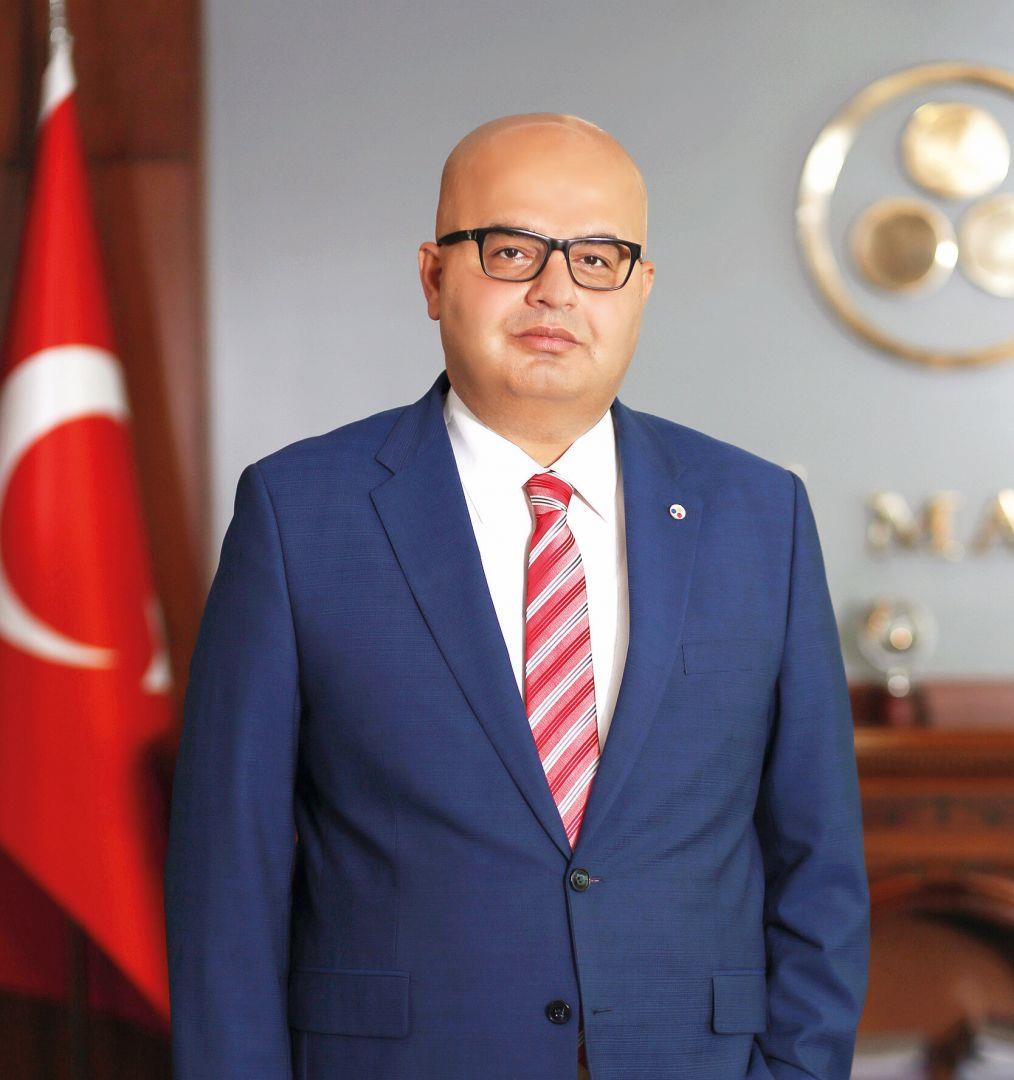
Expert: Turkey Owns 73 Percent Of World's Boron Reserves
By Nur Banu Aras
Serkan Keleser, General Manager of Turkey's state-owned mining corporation Eti Mine Works, declared that the country owns 3.3 billion tons (73 percent) of the world's 4.5 billion tons of total boron reserves, Yeni Shafak newspaper has reported.
Keleser made the statements before the Turkish parliament's state economic commission, saying that the country has entered a high value-added period with its end products thanks to these deposits.
“We are the leaders both in terms of boron reserves and manufacturing capacity. The global manufacturing capacity is 5.7 million tons, with about 2.7 million tons belonging to us. We have the largest market share. We achieved the 60% threshold in the boron market for the first time in 2021,' he stressed.
Keleser stated that by the end of 2022, the company will start trial production at the boron carbide facility in Bandirma, the foundation of which was laid at the end of 2019.
The company will produce boron that each ton costs about $40,000 dollars. Additionally, there is a high demand for boron powder, as well as products made from it. Boron is widely used in producing armors for soldiers and policemen and it is more cost-effective compared to other metals. For armoring a tank, 10 tons of steel is required, whereas 3 tons of boron carbide is sufficient for the same purpose, the general manager emphasized.
Keleser underlined that boron adds value when it is processed.
“The armor costs $400,000 each ton to manufacture. The ore starts at $120 per ton, goes up to $800 per ton when made of boric acid, $40,000 per ton when formed of boron carbide powder, and $400,000 per ton when manufactured of armor material.
By the end of 2022, for the first time, the whole value chain will be in Turkey. The boron carbide powder will be made at Eti Mine's Bandirma factory, while the armor will be made in Ankara,” he stressed.
Keleser also made statements about the sectors in which boron is used.
“Some 50 percent of our boron started to be used in the glass industry, and about 17 percent in agriculture. Boron outperformed ceramic for the first time in the use of fertilizers. About 15 percent is used in ceramics, 16 percent in other sectors, and 2 percent in the cleaning industry,' he said.
Furthermore, Kelser underlined that they are working with farmers to increase the use of boron in agriculture.
---
Follow us on Twitter @AzerNewsAz
Legal Disclaimer:
MENAFN provides the
information “as is” without warranty of any kind. We do not accept
any responsibility or liability for the accuracy, content, images,
videos, licenses, completeness, legality, or reliability of the information
contained in this article. If you have any complaints or copyright
issues related to this article, kindly contact the provider above.


















Comments
No comment